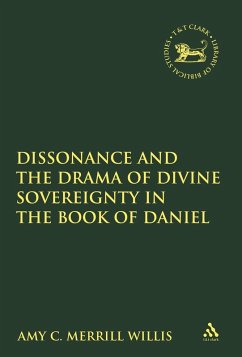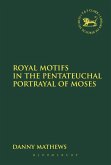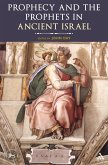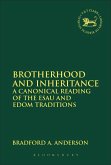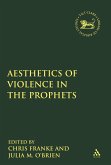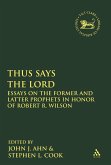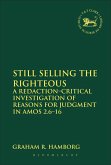This study of the book of Daniel examines the ideology of divine and human rule in Daniel's historical resumes or reviews found in chaps 2, 7, 8, 9, 10-12. It seeks to uncover the concerns that motivate the resumes and the strategies the resumes use to resolve cognitive and experiential dissonance. Loose Ends argues that the source of dissonance in Daniel stems not from failed prophecies (as has been commonly argued), nor do the visions function as symbolic theodicies to address a contradiction between divine power and divine goodness in the face evil. The study proposes, instead, that the historical resumes address profound contradictions concerning divine power and presence in the face of Hellenistic/Seleucid rule. These contradictions reach a crisis point in Daniel 8's depiction of the desecration of the temple (typically Daniel 8 is seen as a poor replica of the triumphant vision of divine power found in Daniel 7). This crisis of divine absence is addressed both within the vision of chap 8 itself and then in the following visions of chaps 9, and 10-12, through the use of narrative (both mythological narrative and historical narrative).

